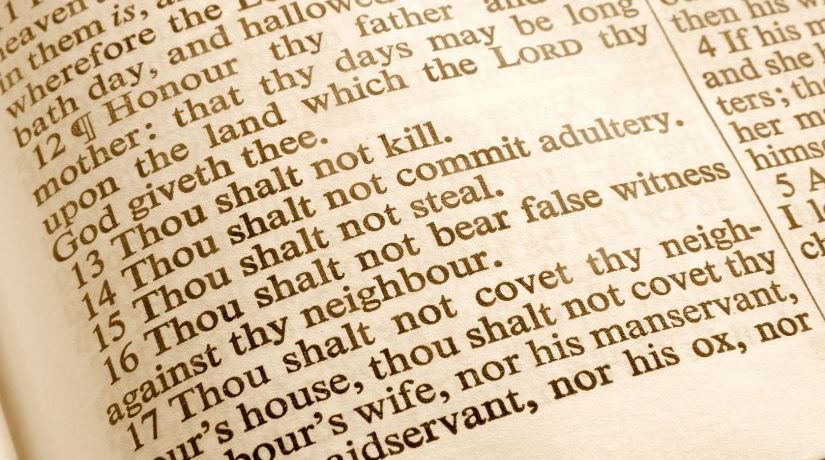Describing Rabbi Abraham Joshua Heschel (z”l), Krista Tippet, host of On Being, writes:
“A mystic, a 20th-century religious intellectual, a social change agent, Rabbi Abraham Joshua Heschel marched alongside Martin Luther King, Jr., famously saying afterwards that he felt his legs were praying.”
I have long admired the life, passion and work of Rabbi Heschel and one particular quote of his has, through the decades, given me pause for reflection: “In a free society, some are guilty, but all are responsible.”
That quote has been moving in and out of my thoughts incessantly since those paroxysms of gun violence erupted in El Paso, Texas and Dayton, Ohio in early August, the latest manifestations of a cultural pathology that shows no signs of abating. Those hate-filled men (and, yes, it is virtually always men) who pulled the triggers are guilty, but Rabbi Heschel’s statement forces us to ask ourselves in what way and to what degree we bear some measure of responsiblity for such manifestation of violent hatred.
In a few weeks’ time we will gather as a community once again to engage with the liturgy of yamim ha-noraim, the Days of Awe. Questions of responsibility suffuse our worship experience at Rosh Hashanah and Yom Kippur; the structure of the prayers themselves, voiced in the first person plural (“For the sin that we have committed....”) bring us back to Rabbi Heschel’s assertion that while we may not be guilty of a given offense, we must accept our responsibility–quite literally, our ability and obligation to respond–when the well-being of others is put at risk.
A numbness that is bound up with despair has settled over many of us, a kind of spiritual miasma that thickens when each day seems to bring only horrific news. “How,” many of us ask ourselves, “can we as citizens choose to act responsibly when so many of our elected officials have totally abrogated responsibility to lead our country with a modicum of ethical concern?”
Rabbi Heschel died in 1972; his passionate voice is no longer to be heard, but his assertion about our responsibility as participants in society rings louder than ever. How do we take responsibility for our community, our nation, our world? I suggest that, just as many of us exercise regularly to maintain our physical health, we need to engage in certain spiritual/ethical exercises:
• Stay informed. Engage with sources of information that you trust but do not be afraid to engage with ideas and opinions that you reflexively tend to question or avoid.
• Support, in whatever ways you can, those organizations striving to promote positive solutions to the problems that plague our society.
• Develop the temerity–the chutzpah–to challenge lies and slander when you encounter them, be it in the op-ed section of papers you read or what you
hear your neighbors or co-workers asserting.
• Ask yourselves, “What am I doing today that will help shape the kind of world that I want my children and grandchildren to inherit?”
• Imagine that there is an 11th Commandment: “You shall not despair!”
In the course of human history there have always been trying times; but these are our trying times and our is the responsibility to address them meaningfully, informed and inspired by four millennia of Jewish insight into what it means to be a mensch–a responsible human being.
- Reb Elias



